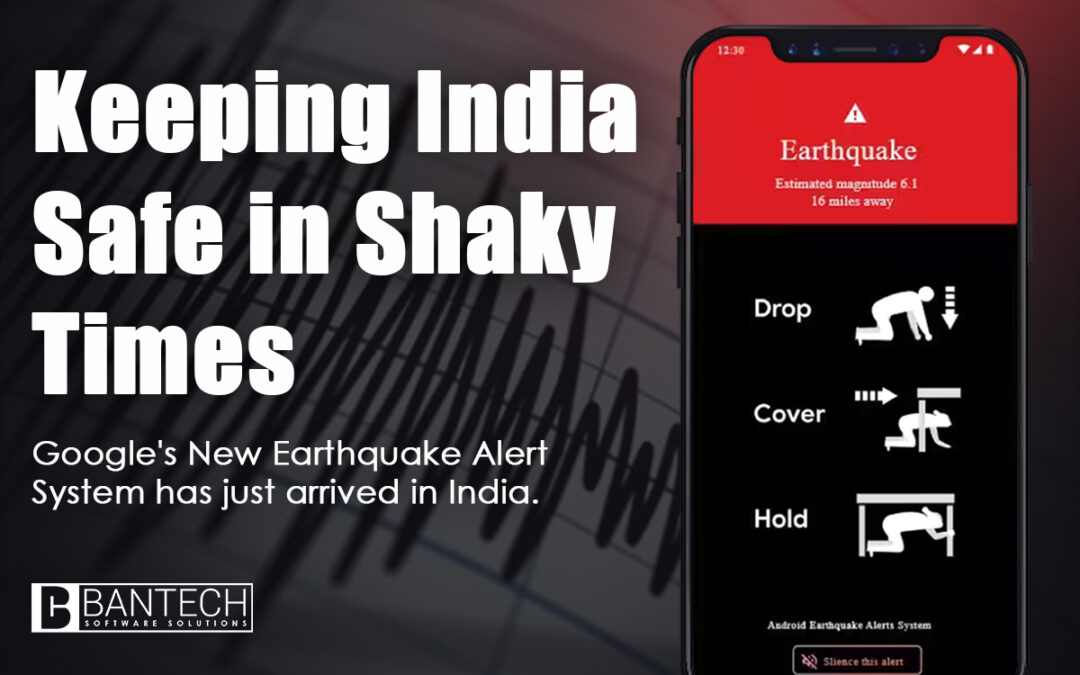
by Gargi Banerjee | Sep 29, 2023 | Blockchain, Search Engine Optimization, Uncategorized

Loading...
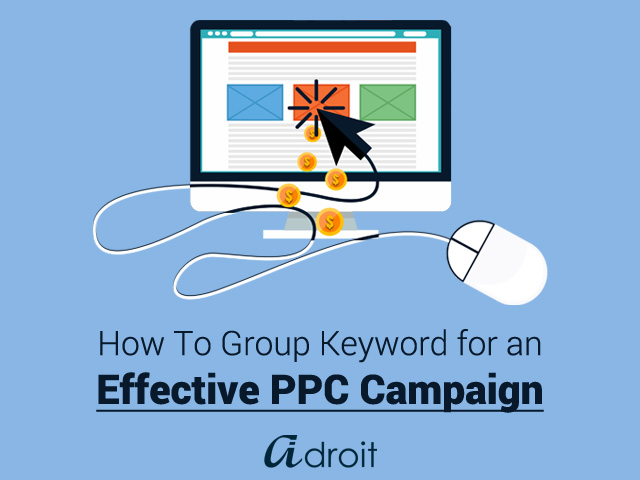
by Gargi Banerjee | Jul 21, 2016 | Search Engine Optimization

Loading...

by Gargi Banerjee | Jun 27, 2016 | Search Engine Optimization

Loading...
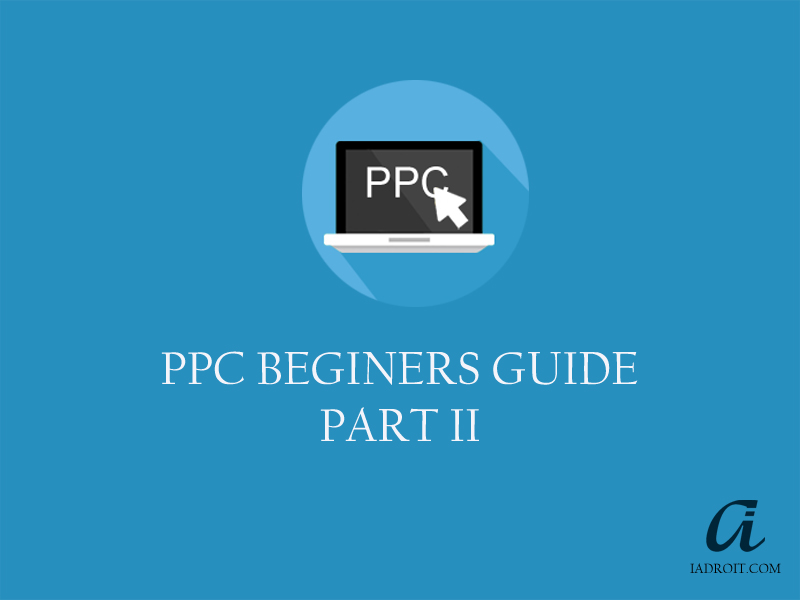
by Gargi Banerjee | Jun 8, 2016 | Search Engine Optimization

Loading...
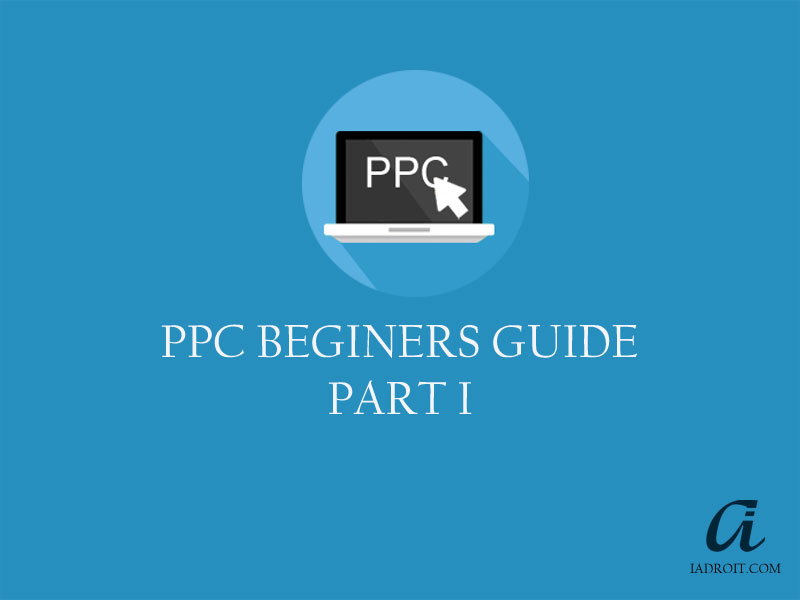
by Gargi Banerjee | May 3, 2016 | Search Engine Optimization

Loading...
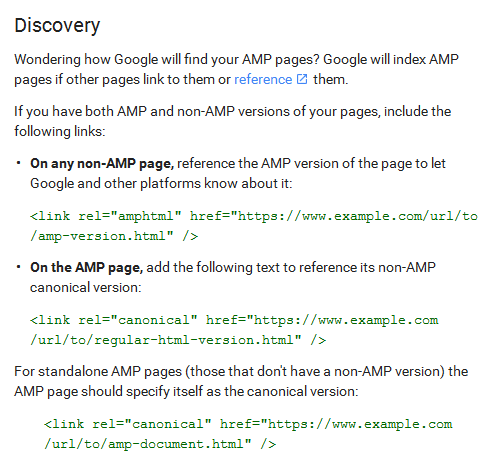
by Gargi Banerjee | Apr 25, 2016 | Mobile SEO, Search Engine Optimization

Loading...









 (1 votes, average: 4.00 out of 5)
(1 votes, average: 4.00 out of 5)